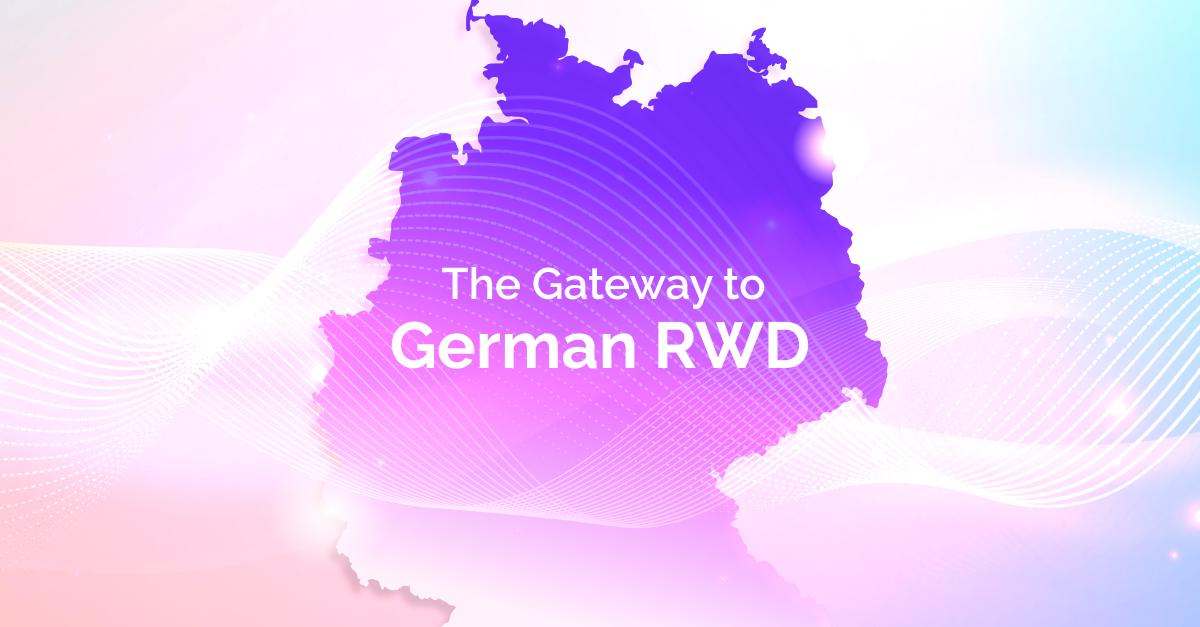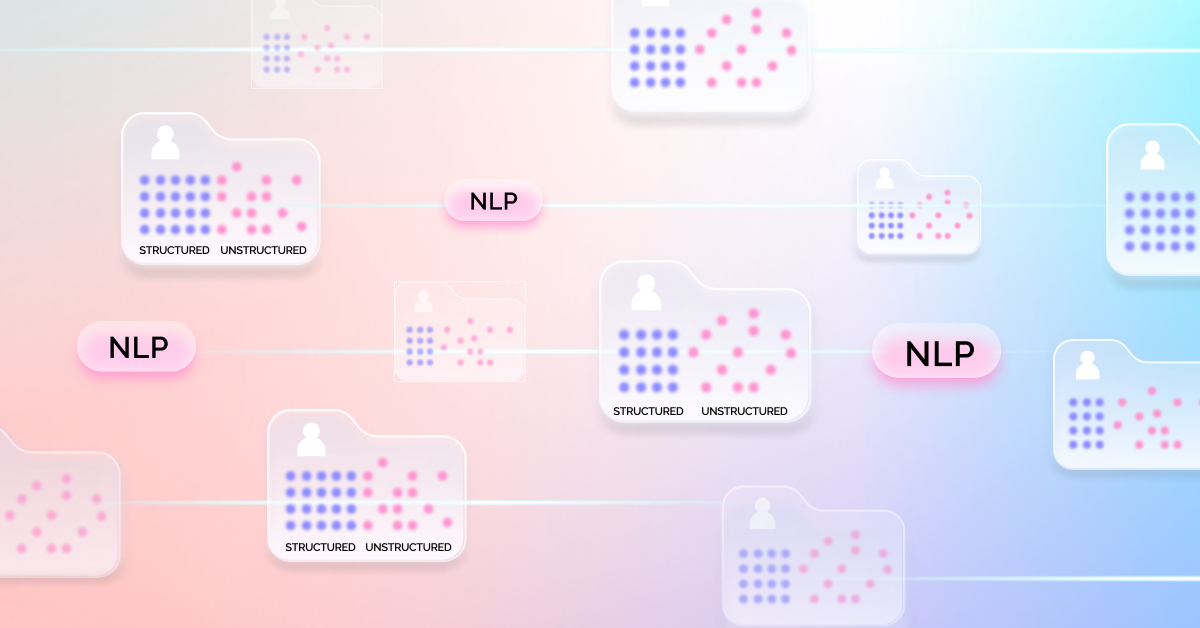Affecting over 300,000 women worldwide annually, Ovarian Cancer remains one of the most challenging gynecologic cancers. With a five-year survival rate below 50%, it is the fifth leading cause of cancer-related death among women. Its high mortality rate can largely be attributed to late diagnosis due the disease’s subtle symptoms, highly variable progression, and the lack of effective early detection methods.
Despite significant investment in research aimed at advancing ovarian cancer care, the disease’s high variability continues to pose a major barrier to developing effective, personalized treatment strategies. Traditional datasets, sourced from hospital records, cancer registries, and genomic databases, contain valuable information, but often struggle to keep pace with the rapid evolution of oncological research and the growing amount of relevant, genetic data. Additionally, stratifying heterogeneous patient populations into subgroups (as required in personalized medicine) frequently results in limited sample sizes, making it challenging to detect meaningful patterns or extract statistically significant insights.
In addition to challenges with data quality, the retrieval process itself can be lengthy and inefficient. Researchers frequently need to piece together datasets from multiple sources and overcome mapping and harmonization issues before the data is ready for analysis.
One way to address these challenges is by improving both access to, and the volume and quality of relevant data.
Addressing Research Challenges with Briya’s Dynamic Dataset on Ovarian Cancer
Life Sciences must rethink their approach to real-world evidence generation by remodeling their real-world data landscape. This means moving away from obsolete, static, and incomplete datasets that no longer support modern research designs, and shifting toward dynamic datasets that include critical variables for cancer research, such as biomarkers, imaging results, comorbidities, detailed demographics, tumor grade, and longitudinal patient journeys.
Briya’s Dynamic Datasets were designed to provide researchers with high-quality, real-time data that is research-ready. Using proprietary AI and NLP-technology, we are able to directly tap into our partnering hospitals’ and HMOs’ data sources, and securely, under compliance of privacy-regulations, extract patient-level data and curate datasets that are unmatched in their level of timeliness, traceability, longitudinal depth, and completeness.
Our AI-driven approach to dataset curation enables researchers to revisit study populations and adapt inclusion or exclusion criteria and data points as their research evolves. This flexibility is especially valuable given the rapid discovery of new biomarkers that are critical to cancer research. As a result, our datasets serve as a reliable and highly valuable resource for advancing ovarian cancer studies.
Briya’s Ovarian Cancer Dynamic Dataset covers the following variables:
- Over 8,500 patients
- Over 900,000 encounters
- Over 6 million lab tests
- Over 400,000 doctor’s notes (extracted using NLP)
- Over 150,000 imaging studies (including CT and ultrasound)
- Tumor Markers: CA-125, HE4, ROMA
- Genetic and Molecular Markers: BRCA1 and BRCA2 Mutations, HRD, TP53 Mutations, Lynch Syndrome Testing (e.g., MLH1, MSH2), Next-Generation Sequencing (e.g., KRAS, PTEN, PI3K)
- Histopathology Data: Histology (serous, mucinous, endometrioid, clear cell, germ cell tumor), Tumor grade, FIGO Staging, Peritoneal Cytology
Briya’s Dynamic Dataset stands out by addressing the limitations of conventional research approaches, enabling faster, more informed decision-making in drug development, epidemiological studies, and precision medicine.
Driving the Future of Ovarian Cancer Research
With Briya’s Dynamic Ovarian Cancer Dataset, life sciences teams gain access to a reliable, research-ready resource that provides a comprehensive view of ovarian cancer patient journeys. This includes detailed demographics, lab results, imaging and CT studies, comorbidities, genetic data, and more. As cancer research enters a pivotal phase, access to timely, high-quality real-world data is more critical than ever, especially when it’s dynamic and supports flexible, evolving research designs.
For research areas not covered in our catalog of pre-curated, condition-specific datasets, Briya is happy to generate a tailored dataset to meet your specific needs. Simply share the data variables and demographics you’re looking for, and we will get back to you with a custom proposal.




